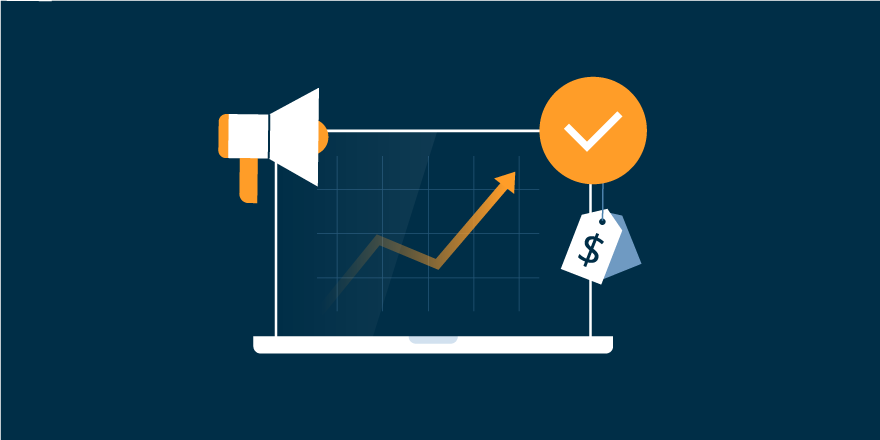In the ever-evolving landscape of digital marketing, performance marketing has emerged as a powerful strategy for businesses looking to drive tangible results. Unlike traditional marketing approaches that focus on brand awareness or impressions, performance marketing is all about measurable outcomes and direct response.
What is Performance Marketing?
Performance marketing is a comprehensive term that encompasses a range of online marketing activities and strategies where advertisers pay based on performance, such as clicks, leads, or sales. This approach allows businesses to track the success of their campaigns accurately and optimize them for better results.
Key Components of Performance Marketing
- Pay-Per-Click (PPC): PPC advertising is a model where advertisers pay a fee each time their ad is clicked. This model is commonly used in search engine advertising, social media advertising, and display advertising.
- Affiliate Marketing: In affiliate marketing, businesses reward affiliates for driving traffic or sales to their website through the affiliate’s marketing efforts. Affiliates are typically paid a commission for each sale or lead they generate.
- Email Marketing: Email marketing is another key component of performance marketing, where businesses use email campaigns to promote their products or services. The success of email marketing campaigns can be measured based on metrics such as open rates, click-through rates, and conversion rates.
- Search Engine Optimization (SEO): SEO is the process of optimizing a website to improve its visibility in search engine results pages (SERPs). While SEO is not directly a paid marketing strategy, it plays a crucial role in driving organic traffic to a website, which can then be converted through other performance marketing channels.
- Content Marketing: Content marketing involves creating and distributing valuable, relevant content to attract and engage a target audience. Content marketing can support performance marketing efforts by driving traffic and increasing brand awareness.
Benefits of Performance Marketing
- Measurable Results: One of the key advantages of performance marketing is its ability to provide measurable results. Businesses can track the performance of their campaigns in real-time and make data-driven decisions to optimize their strategies for better outcomes.
- Cost-Effective: Performance marketing allows businesses to pay only for the results they achieve, such as clicks, leads, or sales. This makes it a cost-effective option compared to traditional marketing approaches where advertisers pay upfront without guaranteeing results.
- Targeted Reach: Performance marketing allows businesses to target specific audiences based on demographics, interests, and online behavior. This targeted approach helps businesses reach the right audience with the right message, leading to higher conversion rates.
- Flexibility and Scalability: Performance marketing campaigns can be easily scaled up or down based on budget and objectives. This flexibility allows businesses to adapt their strategies to changing market conditions and maximize their ROI.
Challenges of Performance Marketing
While performance marketing offers numerous benefits, it also comes with its own set of challenges. Some of the key challenges include:
- Competition: As performance marketing becomes more popular, competition for ad space and audience attention increases. This can drive up the cost of advertising and make it more challenging for businesses to achieve their desired results.
- Ad Fraud: Ad fraud is a significant concern in performance marketing, where advertisers may be charged for clicks or impressions that are generated fraudulently. Advertisers need to implement measures to detect and prevent ad fraud to protect their budgets and ROI.
- Data Privacy: With increasing concerns about data privacy, businesses need to ensure that their performance marketing strategies comply with regulations such as GDPR and CCPA. Failure to do so can lead to penalties and damage to brand reputation.
Conclusion
Performance marketing has become an integral part of the digital marketing landscape, offering businesses a measurable and cost-effective way to drive results. By leveraging key components such as PPC, affiliate marketing, and email marketing, businesses can reach their target audience effectively and achieve their marketing objectives. However, to succeed in performance marketing, businesses need to stay updated with the latest trends and best practices and be prepared to adapt their strategies to meet evolving consumer expectations.

